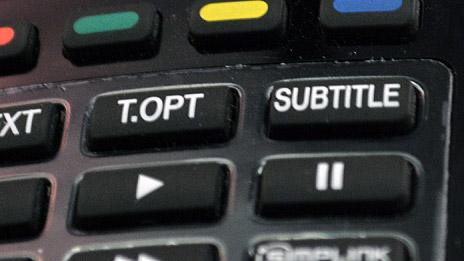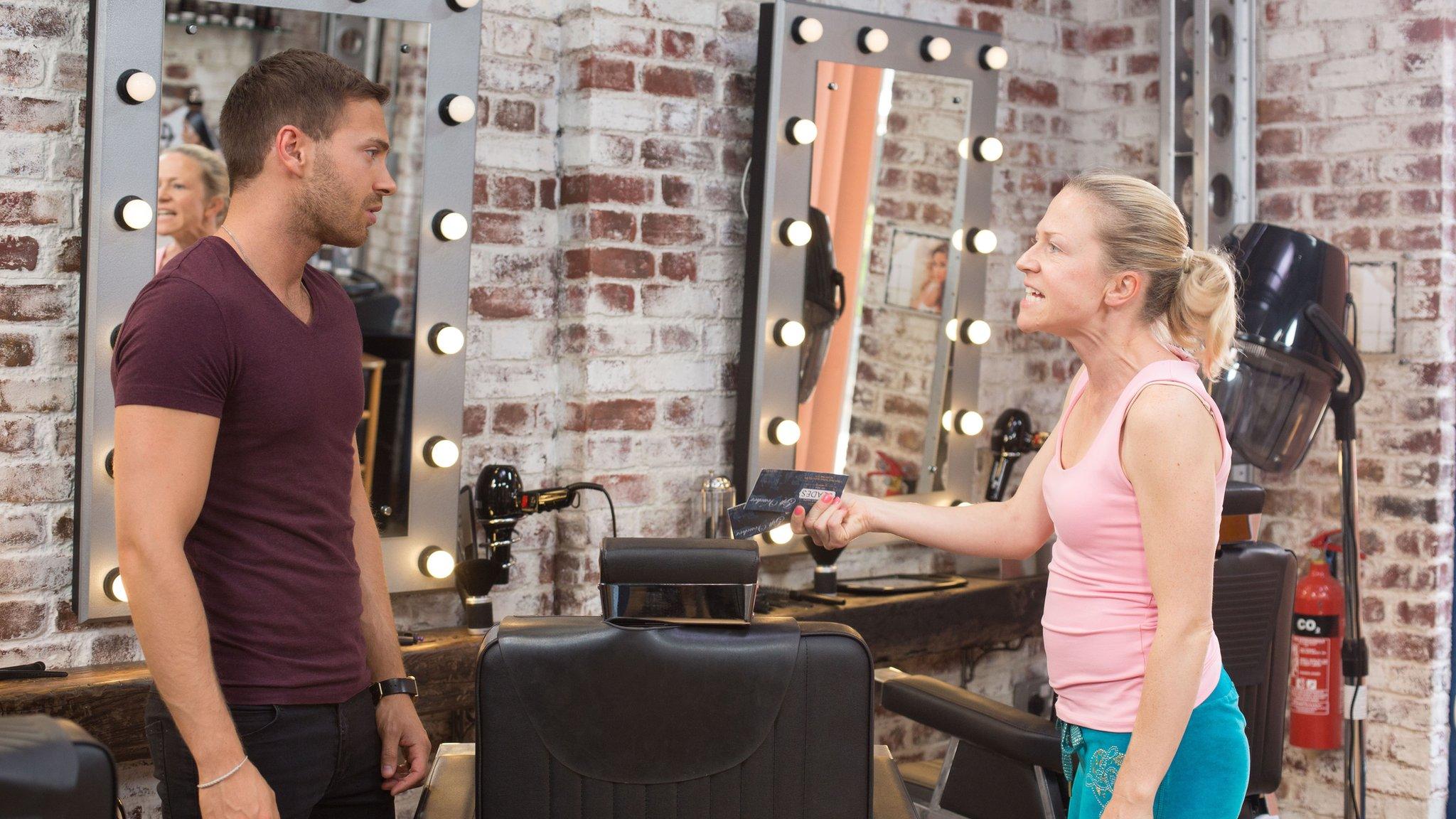Ofcom cracks down on hidden charges in TV phone-ins
- Published

Ofcom hopes it will be easier for fans to work out how much they are paying to vote on shows like Strictly Come Dancing
Watchdog Ofcom is changing how charges for phone-in competitions and votes on TV and radio shows are advertised, to try to make them easier to understand.
At the moment costs can vary wildly from just a few pence per call to more than £2 per minute.
From 1 July charges will be made up of an access charge - decided by your phone company - and a service charge, so callers can check before they dial.
UK Calling, external will affect 175 million phone numbers starting 084, 087 and 09.
Phone companies - both landline and mobile - will have to give customers their access charge for any calls made to those premium numbers. It will have to be stated clearly on bills and when a customer takes out a new phone contract.
The service charge is set by the broadcaster.
Viewers should then be able to work out the cost before they phone shows such as Strictly Come Dancing or I'm A Celebrity... Get Me Out of Here! to vote, or enter a competition on a programme such as This Morning or Good Morning Britain.

What new on-screen messages might look like when you vote on a TV talent show
Instead of hearing a message such as: "Calls cost Xp from a BT landline. Other landlines may vary and calls from mobiles may cost considerably more", viewers will be told: "Calls cost Xp plus your phone company's access charge."
Calls to freephone numbers starting 0800 and 0808 will also become free from mobile phones, in what Ofcom has said is "the biggest overhaul of phone calls in more than a decade."
UK Calling will also see the cost of calling 118 directory enquiries and any other businesses and organisations using premium services being made up of both access and service charges from 1 July.
Customers who receive paper bills from either landline or mobile phone providers will be sent leaflets explaining the changes.
- Published9 April 2015

- Published5 January 2015
